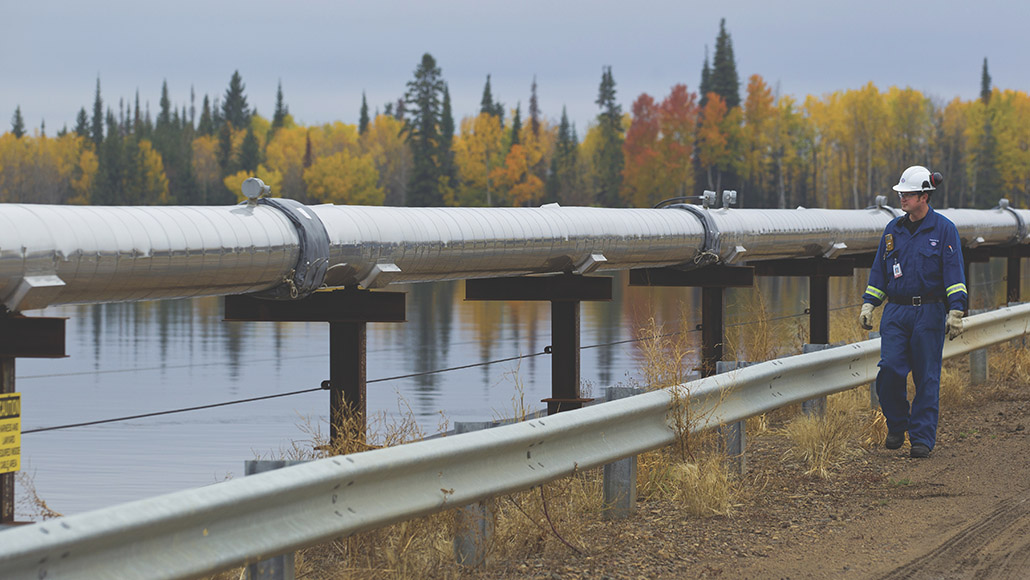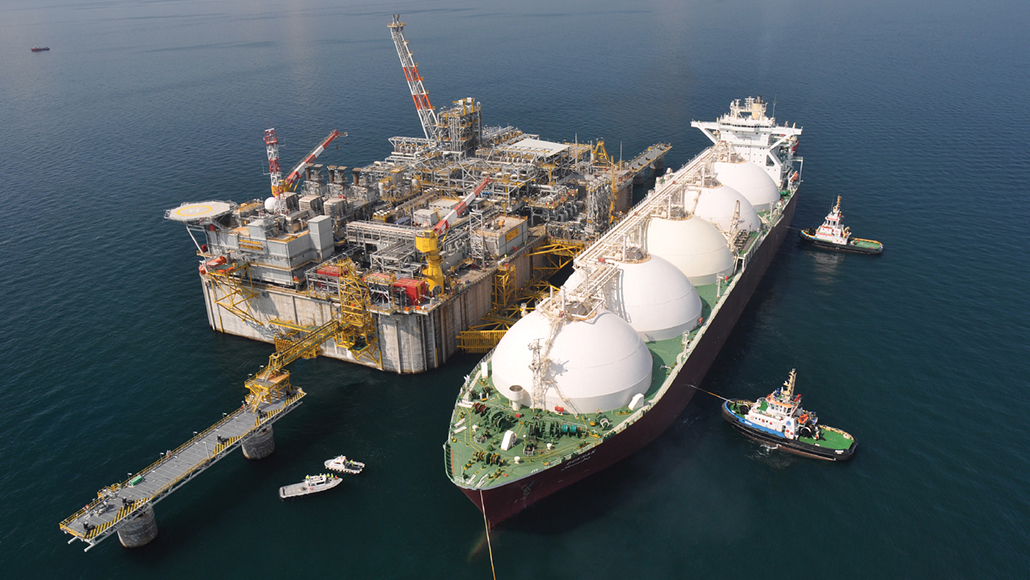selected item
Waste management overview
For many years, the waste water from the refineries and chemical plants has been thoroughly cleaned in special installations. These are comprised of multiple units, including oil separators, equalizer basins, flocculation and flotation units, a biological stage and resettling ponds. But even more important are the considerable efforts to minimize water contamination at its source, including the reuse of the wastewater flow as process water. This avoids putting any unnecessary burden on the water treatment plants.
Solid waste is also a major focus of attention. The primary goal is to minimize its production, followed by maximizing the separation and, if possible, reuse of the waste flows.
ExxonMobil Chemical employs a double strategy with respect to ground contamination. On the one hand, ground contamination projects are used to tackle past ground contamination and, on the other hand, major efforts are being made to prevent any new contamination.
ExxonMobil dares to state that under normal conditions its plants do not cause any noise or odor nuisance. The design and procedures focus on preventing incidents, and therefore complaints. Environmental management by company employees and contractors is high on the list of priorities. Within this framework, employees are encouraged to systematically report near misses - as they are in the safety policy - to enable lessons to be learnt from past mistakes. Consequently, there are relatively few incidents.
If you want to know more about ExxonMobil's environmental policy, click here for the pdf version of the public annual environmental report for the refinery and chemical plants in the Rotterdam harbor area."
Related content
Air emissions reductions
The production processes of the refineries and chemical factories are accompanied by the emission of a number of harmful substances.
ExxonMobil's role in addressing the water challenge
We recognize the importance of water and our responsibility to local communities and the environment. As such, we focus our efforts on preventing adverse impacts to water resources and prudently managing the water we do use.Freshwater management in Benelux
The wastewater from the refineries and chemical plants has been thoroughly treated in treatment plants since the 1980s.